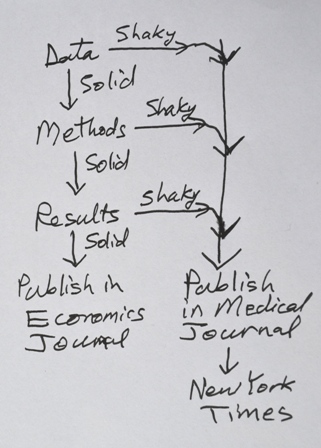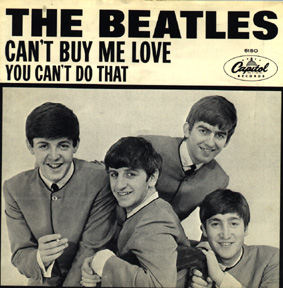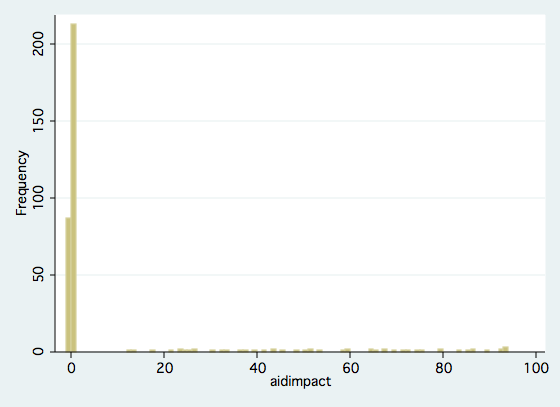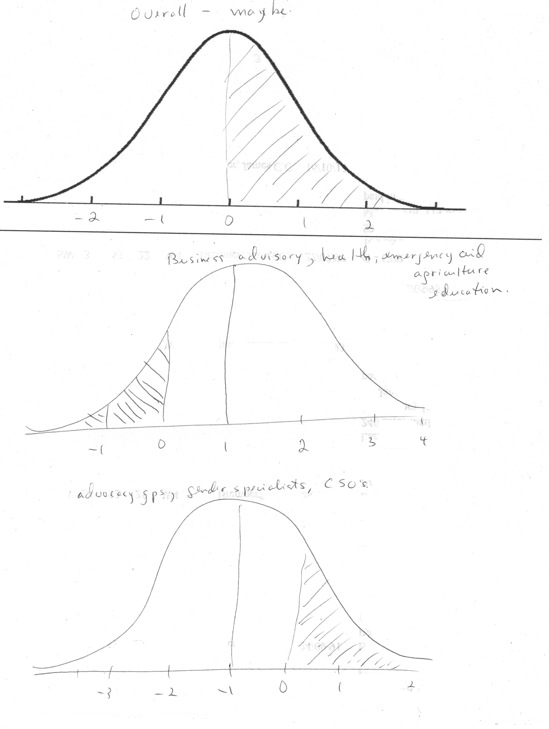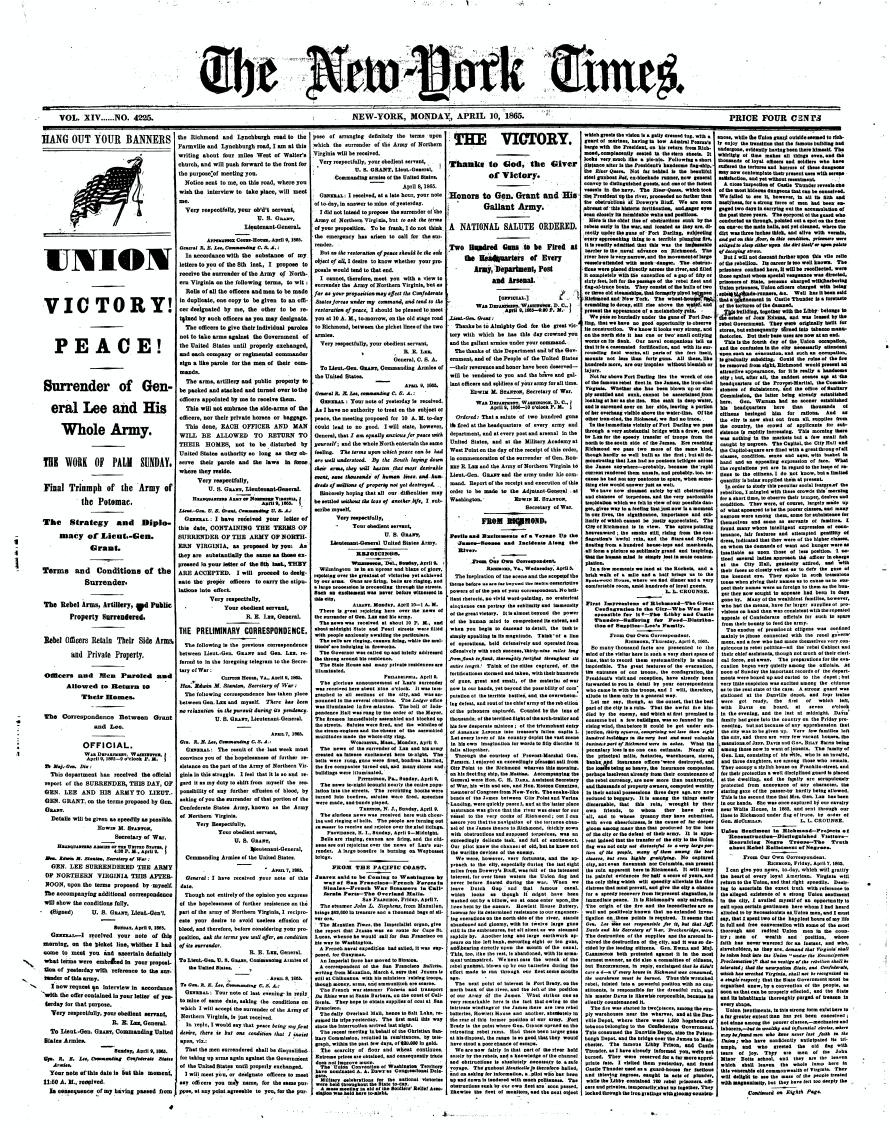 UPDATE 9 am, Saturday, May 7: Another round with Matt (see comment below), another unnecessary reassurance for Offended White Males: yes I completely agree that nobody is automatically guilty or evil based on their gender and race.
UPDATE 9 am, Saturday, May 7: Another round with Matt (see comment below), another unnecessary reassurance for Offended White Males: yes I completely agree that nobody is automatically guilty or evil based on their gender and race.
Jessica Mack from the great blog Gender Across Borders, interviewed me on feminism in development yesterday, find it here. I had never voiced before what I said in the interview. Some were pleasantly surprised, a few forgot to include the word "pleasantly."
One commenter on Gender Across Borders kindly offered to play the role of Offended White Male. Matt complained about my references to "our paternalistic fantasies.” Matt said:
That has got to be one of the most offensive things I’ve read in quite a while about my intentions as a white male....It’s not ok to generalize women, but it’s ok to generalize white guys?
Matt, please relax. Which do you think is closer to the truth: (1) there is way, way, way too much talk about white male paternalism in aid, or (2) it has been a verboten subject and it's time we talked about it? I say (2). In conclusion, thanks for saying you agreed with 95 percent! and out of respect for you and other readers, I hereby agree to retract nothing.
A shortened version of the interview follows here:
You talk about the concept of paternalism in global development. I’m curious what the concept of feminism means to you, and what relevance it has for understanding global development.
Most of the time, I talk about the paternalism of rich people toward poor people. I don’t think there’s much explicit racism in aid and development, but there is still a condescending or superior attitude toward poor people, that we can fix their problems. I think there is a gender dimension as well, though I haven’t really talked about it much in my work. I think I could talk about it a lot more.
It’s not an accident that the word paternalistic is the notion of father taking care of and supporting. A lot of discourse in aid is often about helping women and children. Aid agencies offer this appealing image of innocent women and children that are helpless and need our help. ... If you go through a bunch of aid brochures online, I bet that in the vast majority of them you ....will only see women and children...
It seems to me that some of the most insidious examples of bad aid have to do with women and children.
There’s a very powerful incentive to use that imagery for campaigns. They’re about the victims being women and children, but we’re covering over a lot of stuff. We rich white males – speaking as a rich, white male – are trying to alleviate our own guilty conscience not only toward the poor of the world, but also toward women in our own society. There’s still a lot of sexism and discrimination in our own society. We move the gaze away from that inequality and toward another remote part of the world to indulge our paternalistic fantasies.
Yet in crises like Darfur, women really are exponentially more vulnerable. How do you portray this reality so that women aren’t tokenized?
Of course women are vulnerable to violence and rape in a way that men are not. But we should not go all the way to the stereotypes ...Women in poor countries – and this is a big generalization – are incredibly resourceful. They’re achieving an awful lot. So, to peddle this stereotype of the helpless , pathetic woman that can’t do anything on her own – that’s really destructive and will definitely result in bad aid. Whereas if we find ways to let women tell aid givers what they need so that they can help themselves, that’s going to be much more successful.
.... What’s really at the heart of development is recognizing that everyone has equal rights. I think the most fundamental thing that needs to happen in development is the recognition of equality in rights: poor, rich, male, female, every ethnic group and every religion.
What do think of some of the stories that Nicholas Kristof portrays? He’s gotten flack for “exploiting” stories of women and girls in order to evoke responses.
I respect Kristof. ... It’s impossible for anyone, including me, to be pure in this business. It’s just so difficult and complicated.
What do you mean by “pure?”
I mean to get things exactly right in terms of motivating people to get involved, not discourage giving, and yet at the same time respect the dignity of poor people.
Right, I think it has to be an ongoing process, but a self conscious one, a very self aware one.
Self awareness is very important. ...the idea of reciprocity. Any time you’re portraying a victimized woman in the Congo a certain way, turn the tables and try to think how you would feel if you were that woman and someone in a rich country far away was portraying your story. If you don’t pass that test – if you say, ‘no I would hate that,’ then you shouldn’t do it. Reciprocity is really at the heart of equality.
Is there a need for more women in global development, or perhaps more feminists?
What’s really needed is a lot more straight talk in our conversations ... that there’s still is a lot of oppression of women going on in poor and rich countries. We need to acknowledge that fact and not hide it behind buzzwords. Honesty makes it easier to find the things that will change power relationships. We have to also recognize the unintended power of development to strengthen women’s positions. Economists talk about development increasing the demand for brains relative to brawn. As economies get richer, the demand for brains goes up and that strengthens the position of women because they have the brains, and now a lot more bargaining power.
It’s funny to me that honesty turns one into a dissident in global development.
I know, it’s strange.
That’s where I see the role of feminism, and in global development too: continually questioning the institution, an appreciation for the process, and a whole lot of self-awareness. The more dissidents the better.
I agree!
 From Aid to Equality
From Aid to Equality



